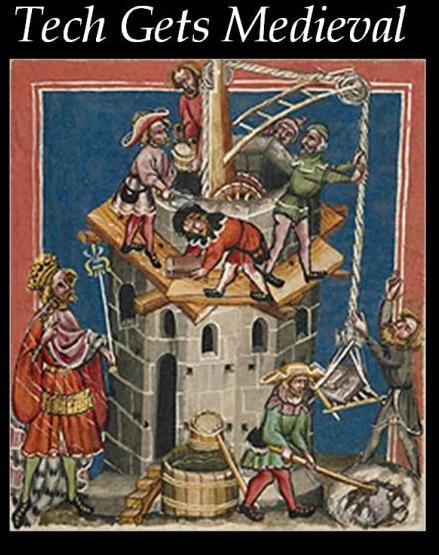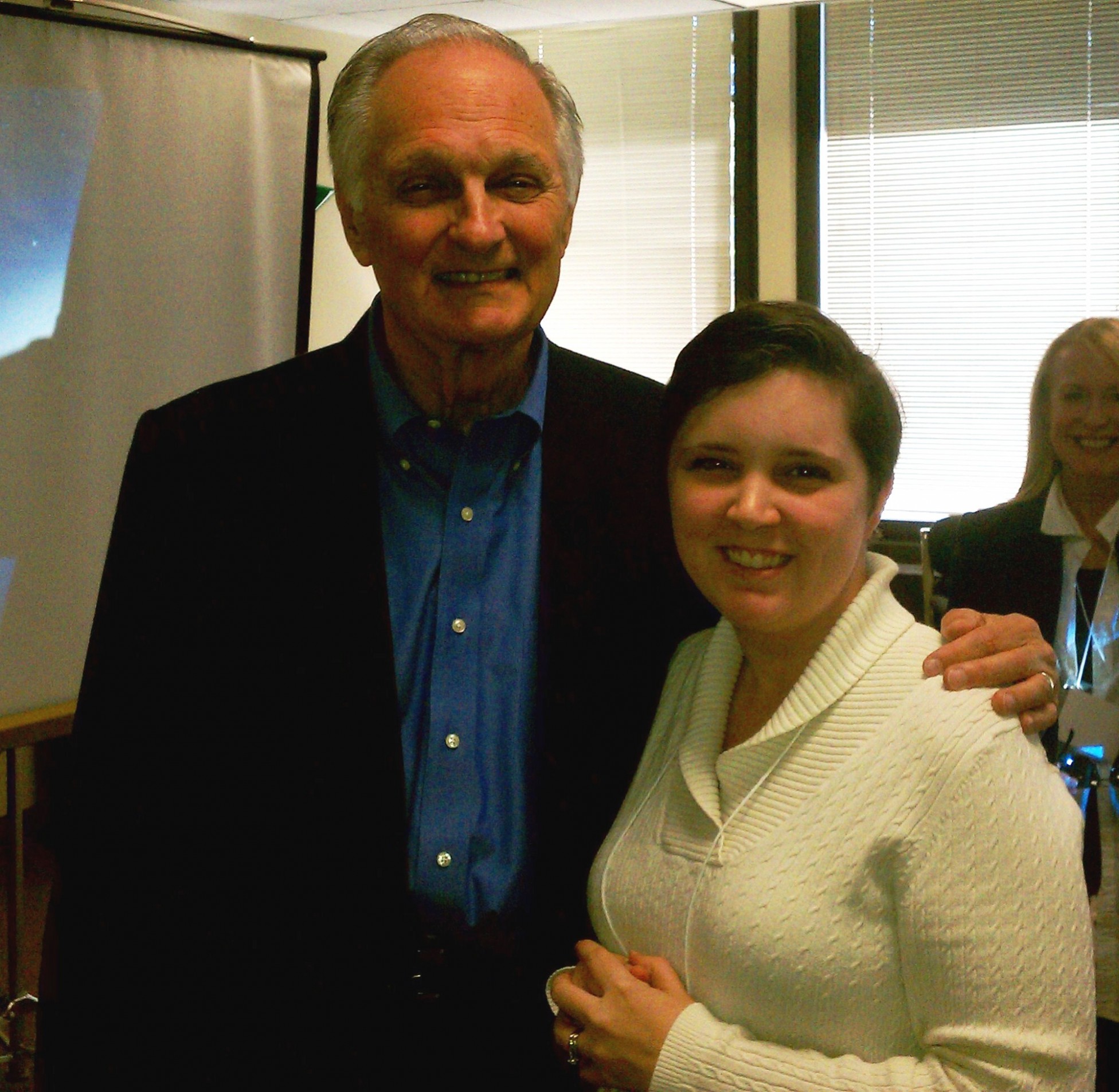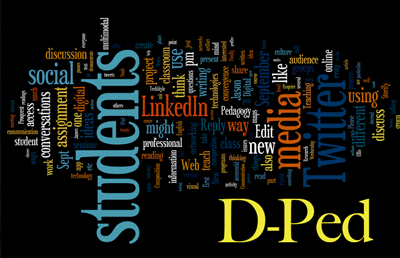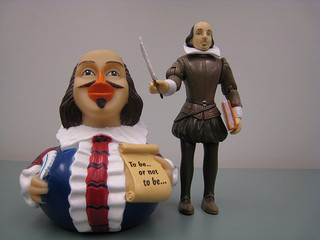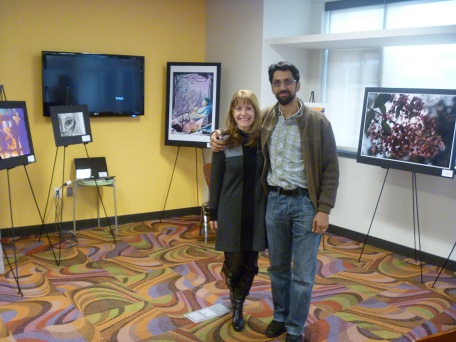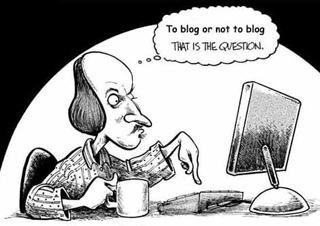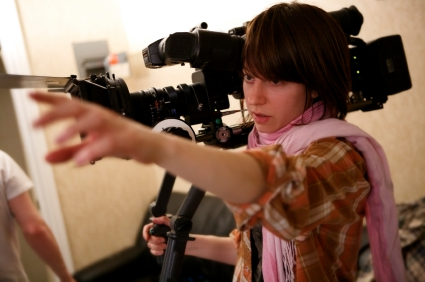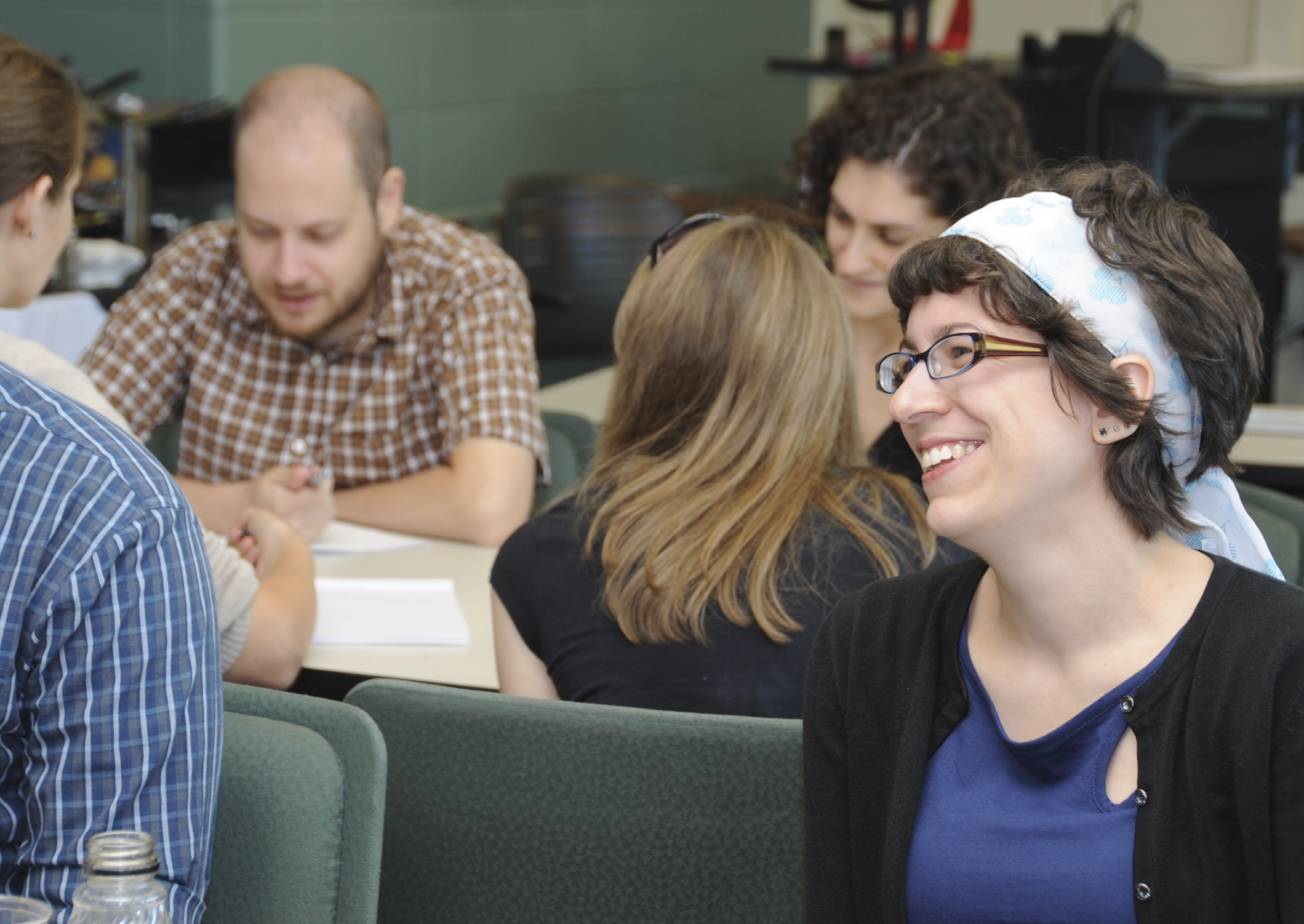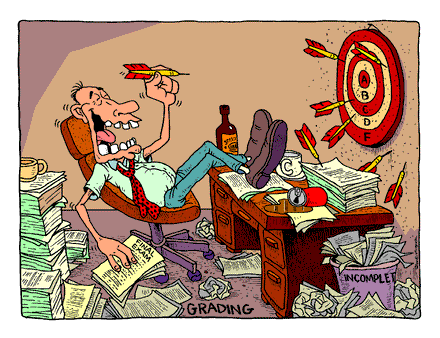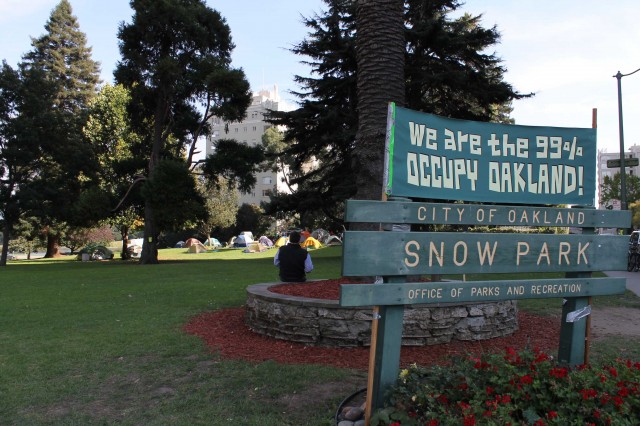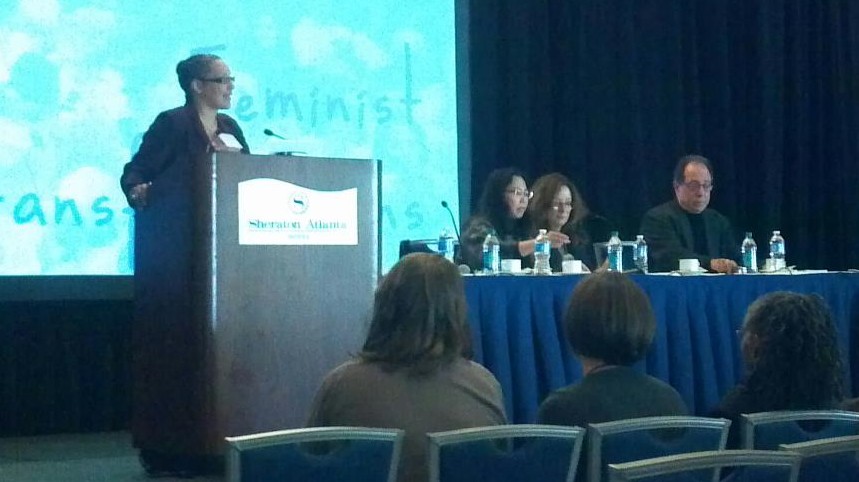
In the last unit of my course on copia, we’ve been looking at early modern pamphlets alongside 20- and 21st-century political campaign commercials. Oddly enough, students seem to enjoy the pamphlets more than the videos. The latter they’ve been quick to dismiss as simple-minded, pathos-driven exaggerations. They’re less eager to judge the pamphlets that, in their own heyday, were dismissed as “small, insignificant, ephemeral, disposable, untrustworthy, unruly, noisy, deceitful, poorly printed, addictive, a waste of time” (from Joad Raymond’s Pamphlets and Pamphleteering in Early Modern Britain, 10). It’s been more difficult for students to see how materials so loaded with elaborate, expressive and dexterous prose could be considered as insignificant and disposable as, well, this. Continue reading
